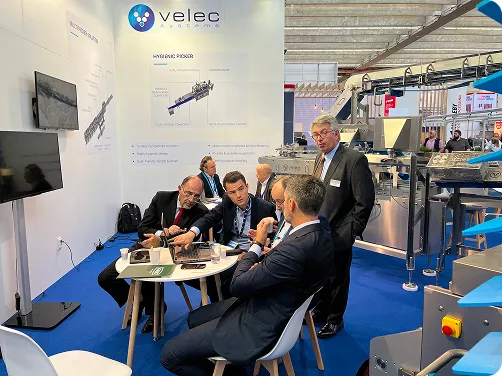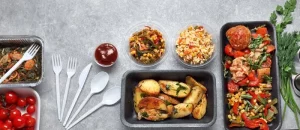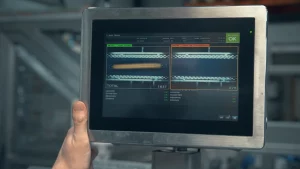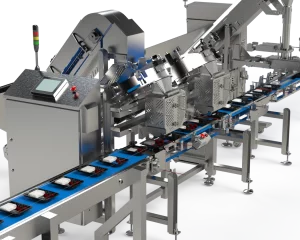Volumetric fillers are an efficient way to fill doypack bags with rice. Here is how Multi-Fill provides quick filling with an expertly manufactured volumetric filler machine.
What are Doypack Bags?
Doypack bags are easy to use vacuum packaging that is used for juices, foods, and household items. Doypack bags for food packaging is popular in the food industry as it has low production costs and reduces space. It is commonly made from plastic however some companies prefer using recycled plastic.
How are Doypack Bags Filled Using a Volumetric Filler?
A doypack bag is a difficult-to-fill product. Packing a doypack bag can be time-consuming, especially if a business does not have a lot of workers. A volumetric filler can dispense clean, accurate portions of a specific product into a doypack bag reducing the time and costs involved with hand packaging. A Multi-Fill MPFSC-120 volumetric filler does this job smoothly and quickly, with the capacity to fill 120 containers per minute.
Example of Food That is Deposited in Doypack Bags: Rice
Rice is a common food that is best deposited with a volumetric filler machine. The Multi-Fill MPFSC-120 volumetric filler serves as a rice packing machine that swiftly deposits cooked rice in doypack bags. The machine fits in any assembly line and can be manufactured to fit specific workspaces.
Watch The Video Here:
Multi-Fill is a professional packing machines manufacturer that has been producing machines to support the food service industry for over 30 years. We provide a high-quality rice packing machine to ensure that production lines receive only the best service. Watch how the Multi-Fill MPFSC-120 volumetric filler is used to deposit cooked rice into doypack bags below.
Contact us here to find out more about using a volumetric filler to fill doypack bags



